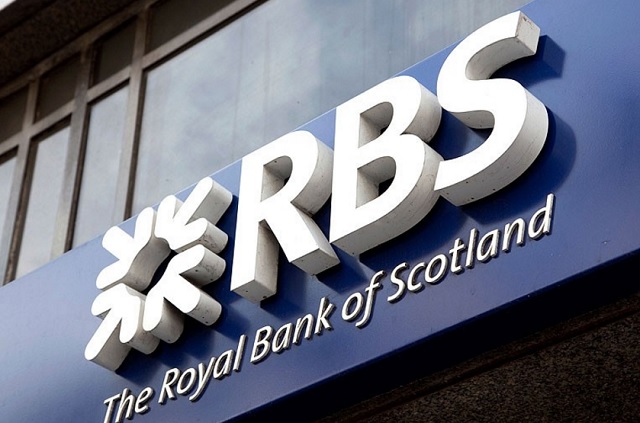
London, United Kingdom | AFP |
The Royal Bank of Scotland is the worst prepared among Britain’s lenders for another financial crisis, the Bank of England said Wednesday, forcing the state-rescued lender into a new capital-raising plan.
The BoE, revealing its latest stress tests on Britain’s top seven banks, added that two — Barclays and Standard Chartered — also missed key hurdles but had taken steps to strengthen their capital positions.
The stress tests, designed to see if the sector can weather a global recession and crashing house prices, found that four out of the seven top banks did not have capital inadequacies based on their balance sheets at the end of 2015.
The four comprised HSBC, Lloyds Banking Group, Nationwide Building Society and Santander UK.
“The bank’s 2016 stress test comprised a severe, synchronised UK and global recession with associated shocks to financial market prices. It also incorporated a misconduct cost stress,” the BoE’s Financial Policy Committee said in a report.
The FPC added that, in light of the tests and action agreed by RBS, “the UK banking system is in aggregate capitalised to support the real economy in this scenario”.
Royal Bank of Scotland is still 73-percent government owned after receiving an enormous bailout at the height of the global financial crisis.
“RBS has agreed a revised capital plan … to improve its stress resilience in light of the various challenges and uncertainties facing both the bank and the wider economy highlighted by the concurrent stress testing process,” the group said Wednesday.
The latest BoE assessments were designed before Britain’s shock referendum decision on June 23 to exit the European Union.
The BoE warned Wednesday that Brexit would continue to cast a shadow over the economy.
“The outlook for UK financial stability remains challenging,” it added.
“The UK economy has entered a period of adjustment following the EU referendum. The likelihood that some UK-specific risks to financial stability could materialise remains elevated.”
The outlook for Britain’s financial stability was dependent on an orderly exit from the EU, it cautioned.
“It will take time to clarify the United Kingdom’s new relationships with the European Union and the rest of the world as well as for the UK economy to adjust to these changes.
“The nature of, and path to, these new relationships will be the subject of forthcoming negotiations between the UK Government and the European Union.
“The orderliness of the adjustment will influence the risk to financial stability.”
 The Independent Uganda: You get the Truth we Pay the Price
The Independent Uganda: You get the Truth we Pay the Price



